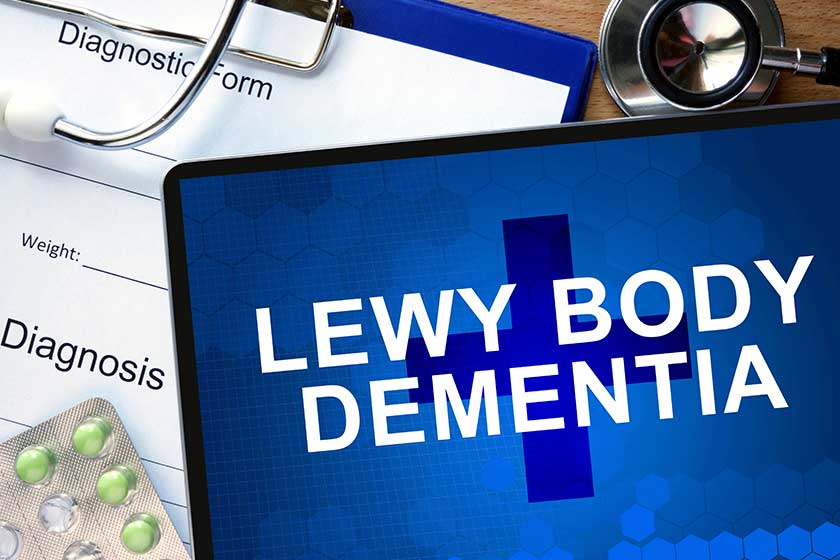The journey through Lewy body dementia stages is complex, as each stage brings new challenges and changes to a person’s cognitive and physical abilities. Early stages may involve subtle memory problems, while later stages can affect movement and cause deeper confusion.
At our Senior Living, the focus is on providing a stable and supportive setting that adapts as residents progress through the stages of dementia. We offer a secure, caring place where each person is recognized for who they are beyond their diagnosis.
Our team is seasoned in watching for changes and tailors our living spaces and routines to support the individual best as they enter new stages of their journey.
Early Stage: Subtle Cognitive Decline and Mild Physical Symptoms Appear
In the early stages of LBD, changes can be so subtle that they’re easily missed. Individuals might experience mild confusion, attention difficulties, and slight memory loss, often mistaken for normal aging signs. Unlike Alzheimer’s, memory might be less affected at this stage, with more noticeable issues being problem-solving and planning difficulties.
Physical signs at this point could include a bit of stiffness or shaking, mirroring early Parkinson’s disease symptoms. Some might see alterations in handwriting or have trouble sleeping. What sets early LBD apart are these varied symptoms, making early detection tricky.
Mid Stage: Significant Impairment in Cognitive and Motor Functions Develops
As LBD progresses into the mid-stage, symptoms become more pronounced. Cognitive challenges escalate, affecting daily activities significantly. Memory may worsen, though the person can still recall many details about their life. Problem-solving, multitasking, and understanding visual information become notably harder.
On the physical side, movement slows, and stiffness increases. Individuals struggle more with balance, leading to falls. Facial expressions become less pronounced, and the voice may soften or become more monotone.
Advanced Stage: Severe Cognitive Decline and Physical Dependence Become Evident
In the advanced stages, the cognitive decline of LBD sharply reduces independence. Individuals might find it necessary to rely on others for most activities of daily living, such as dressing or eating. Communication may become more challenging, with some finding it hard to form coherent sentences or understand conversations.
Physically, the person may spend more time in bed or a chair as movement becomes more of a challenge. Swallowing food and drink can be hard, increasing the risk of choking or leading to a need for alternative feeding methods.
Late Stage: Complete Care Dependency Due to Profound Cognitive Loss
In the final stage of LBD, complete dependence on caregivers is typical due to profound cognitive and physical decline. At this point, the individual may not recognize loved ones or communicate effectively. Sleep disturbances can be extreme, and time awake may significantly lessen.
Physically, they might be unable to move without assistance, and the risk of infections, such as pneumonia, increases. Providing comfort, preventing pain, and maintaining dignity become central aspects of care in this stage.
Reach Out for Compassionate Care
Within our dementia care services, we aim to create an environment where guests and their loved ones can find relief and clarity in the midst of dementia’s progression.
Our team holds the knowledge to help guide residents through daily activities, ensuring they have the right support while maintaining their dignity and encouraging engagement with life. It’s a complete model of care that resonates with respect and kindness.
If you are looking for thoughtful, knowledgeable care for a loved one living with Lewy body dementia, reach out to us. Our retirement community is here to walk with you at each stage, offering guidance and support for your family’s needs.







